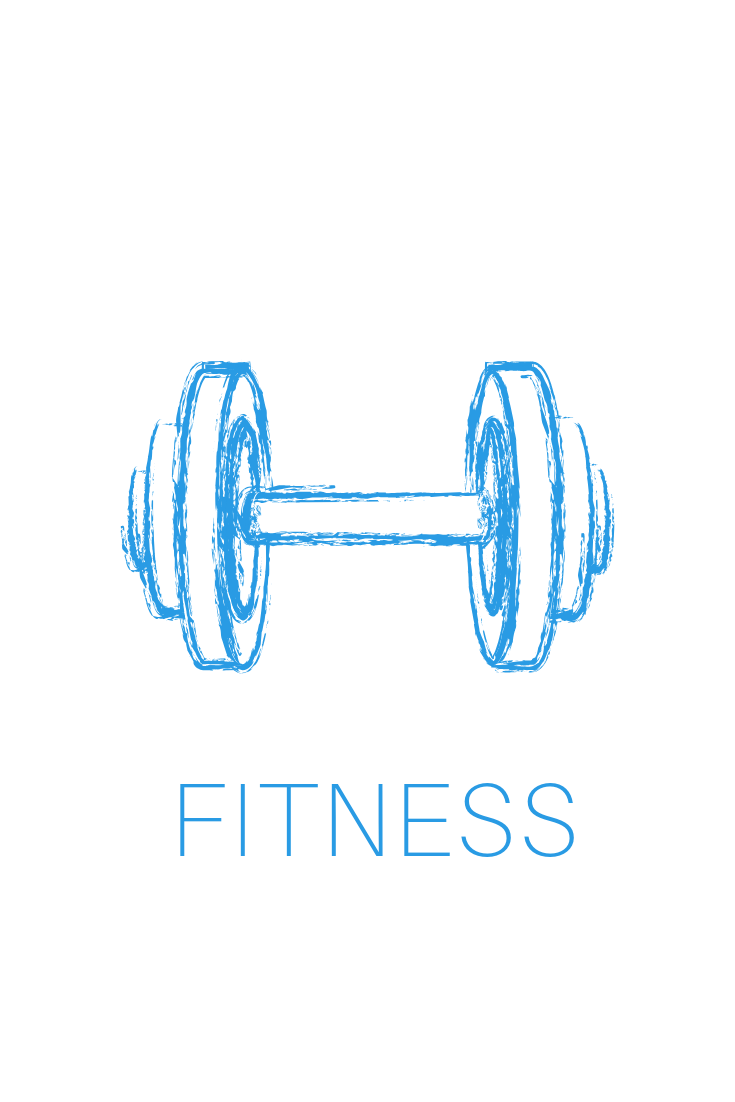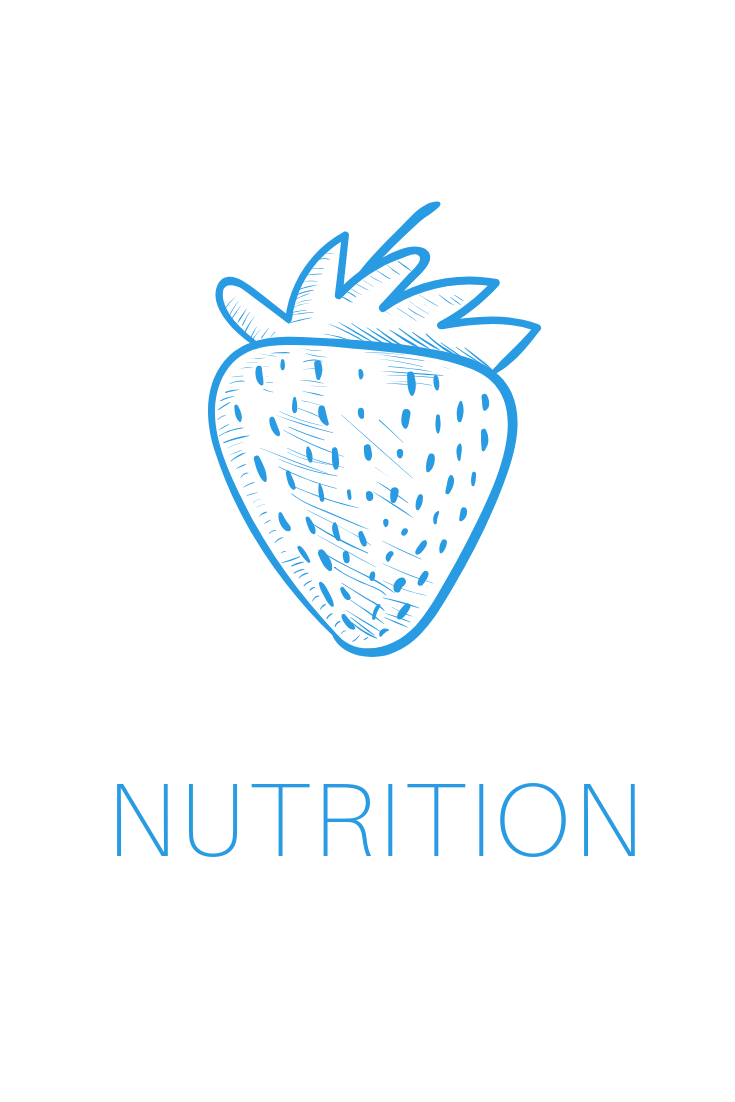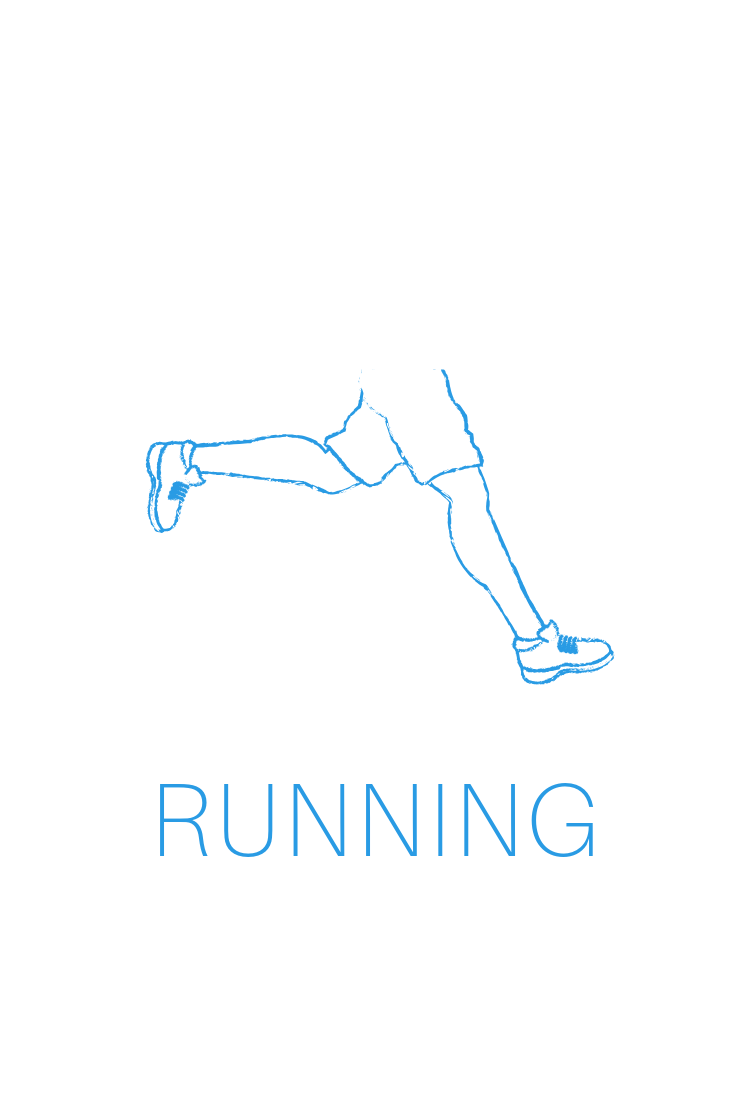When Is Exercise Not Good For You?
We are taught that if you work hard at something, you will improve. However, if you’re working hard at the wrong things, you are just getting better at getting worse.
At 43 years old, Tom Brady is currently the oldest player in this year’s NFL competition (American Football), kicking off his 21st year in the game. Admittedly, the position of quarterback in an NFL game is generally less aerobically physical than some of the Australian football codes, but it is still an impressive effort. In a recent Armchair Expert podcast, Brady reflects on the many teammates he has seen come and go over the years, losing their career through injuries and burnout. Brady discovered early on that the usual training method employed by much of his cohort focussing on increasing muscle bulk through heavy weight lifting was impeding his movement and ability to throw the ball (his main physical job in the team). He altered his program to focus on speed, agility and core stability by working with resistance bands rather than heavy weights and, here he is, 20 years on.
(In case you’re interested, at 35, Adam Ashley-Cooper became the oldest Australian to be selected for a Rugby World Cup. The oldest Aussie NRL player since the 1970’s is Paul Gallen who retired at 38 years of age. Cameron Smith at 37, is still playing for the Melbourne Storm.)
TRUE OR FALSE: It doesn’t matter what type of exercise you are doing, as long as you do something?
This is a little bit true and a little bit false. For those of us who are not training for a particular activity (such as a marathon or playing as the quarterback for the Patriots), we don’t need to be quite as specific about our training program. It is true that any form of movement and exercise is helpful. However, a well designed training program that includes cardio, strength, core, stability, mobility and agility is going to have much greater impact on your day to day life than a program which is one dimensional (such as only walking).
An unbalanced program can also lead to overtraining in one particular area. For example if you are lifting weights each day without doing mobility work you will most certainly experience injuries over time. Or daily HIIT (high intensity interval training) sessions will quickly lead to burnout. Balance matters.
TRUE OR FALSE: Exercising once a day makes you strong, So exercising twice a day makes you stronger?
Although this seems to make sense, this is most certainly FALSE. It’s not about exercising more, rather exercising well. It’s so easy to get carried away with a new training program and, when you start to see results, you keep kicking it up a notch. Yet in any exercise program, recovery is just as important as the exercise. As Pete McCall from the All About Fitness Podcast explains: “Fitness [improvements] happen after the workout not during the workout. The best way to help your body recuperate and stay on track to reach your goals is to incorporate active recovery days into your weekly schedule.” Recovery days can still include movement such as a swim, walk, bike ride, but at a lower intensity.
Here are some simple rules to follow that will ensure that the exercise you do is good for you:
Reach out for professional guidance from a trainer or coach before undertaking a high intensity training program.
Ensure you are taken through a screening process and health check before jumping into any new exercise program.
Start slow. If you are new to an exercise program I recommend starting with 2 intense exercises sessions a week and building up to 3 or 4 when your body is used to the activity. (Gentle exercise such as walking should be done daily).
Try to not be influenced by those around you and always work to where you are at.
A balanced program should include a mixture of lifting weights, cardiovascular training, core and stability work, mobility, stretching and recovery days.
It’s all about balance: balancing exercise, food and life. Excess is easy. Balance is hard.
By Angie Black
Hey! I’m Angie. I’m passionate about fitting exercise into your life, for the rest of your life.
BLOG CATERGORIES:






